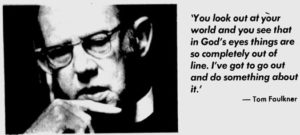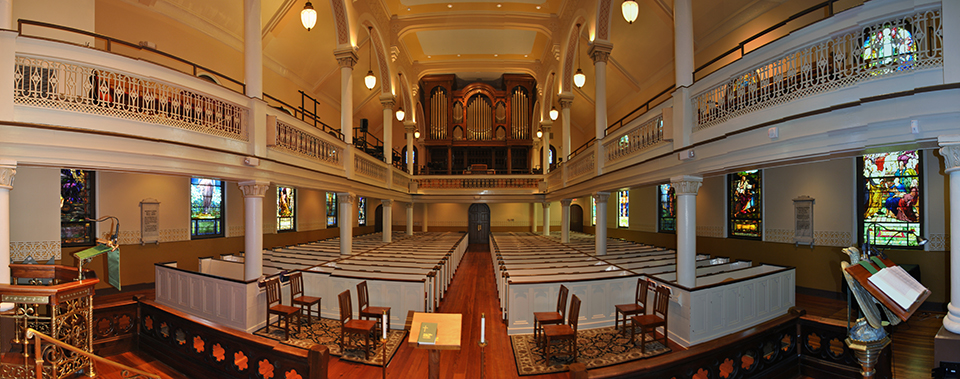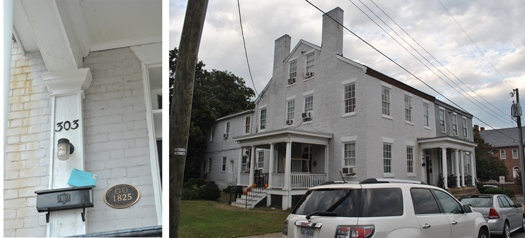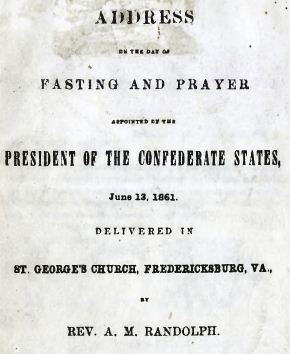St. George’s History comprises individual articles, documents and collections around the 300 year history of St. George’s Episcopal Church, located in Fredericksburg Virginia. This site is unrelated to St. George's main website.
Supplementing them are a category-based search, a content index and a timeline. We have two tour documents - a building summary and a 15 minute walking tour you can take in the church.
If this is your first visit, check out the 2 tours - building summary and a 15 minute walking tour.
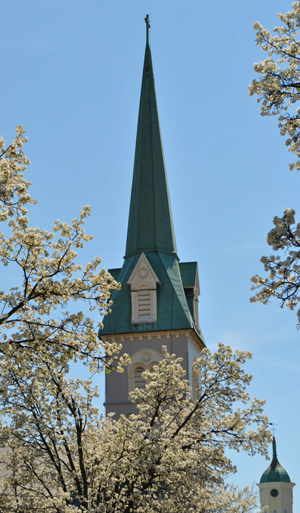
Recent articles
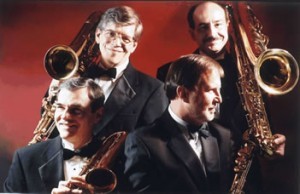
Music at St. George’s, Part 6, The Concerts, The Choir – Photos
Pictures of the concert series and choir from 2009 onward

Music at St. George’s, Part 5, The Concert Series, 2006-2016
The concert series was started in 2009 at the time the church was completing a major renovation. The theme became appropriately “Beautiful Music in a Beautiful space.” It has provided another avenue of evangelism and outreach for St. George’s to the community to hear quality musical talent at a reasonable price.
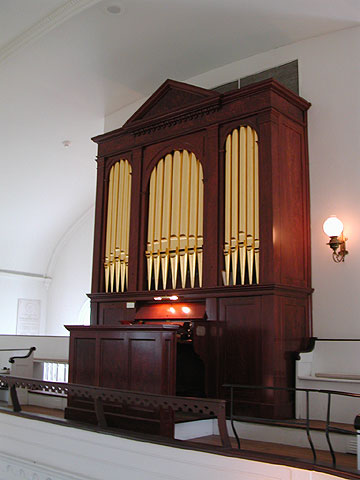
Music at St. George’s, Part 4, Architecture, Music and Liturgy at St. George’s
John Vreeland surveys the relationship between architecture and music from the colonial period to 1925
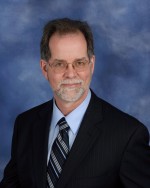
Music at St. George’s, Part 3, John Vreeland – Front Porch Magazine, 2008
Article on John and Mary Vreeland from the FrontPorch magazine. Frontporch carried listing of concerts for several years.
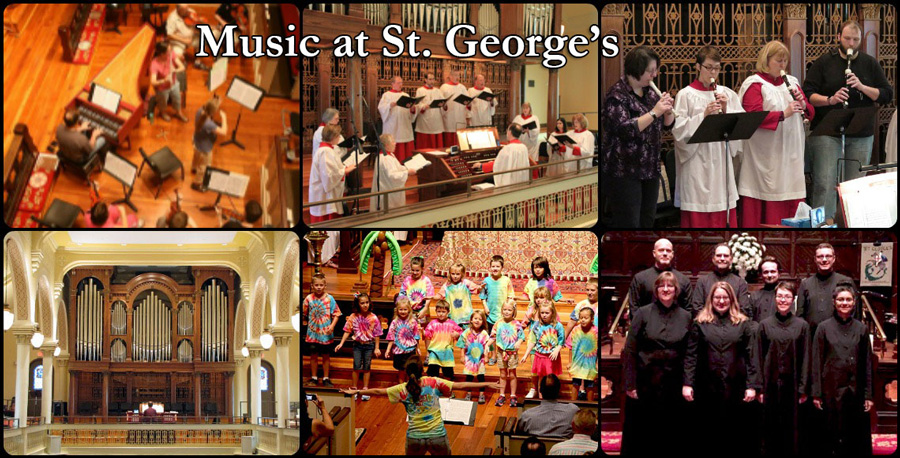
Music at St. George’s, Part 2, 2000-2013
Survey of how music changed at St. George’s in the early years of the century. Much of it deals with the talent and vision of John Vreeland who came to St. George’s in 2005.

Music at St. George’s, Part 1, the Organs
Music at St. George’s has always had the organ at the forefront leading the congregation in hymns and providing the organist a chance to sample the wide organ repertoire in the prelude and postlude. This is a short history of organs at St. George’s and the beginning of a music series.

Further articles on the Silver
Here are 2 articles that have recently come to our attention, both from John Hennessey of the National Park Service

Fredericksburg Museum reopens, Nov. 4, 2016
This article focuses on the St. George’s related items in the Fredericksburg Museum which reopened on Friday, Nov. 4, 2016. These items are scattered through the museum.
1. Carrol Quenzel's History of St. George's
Quenzel's 1951 history is still the standard for the church. He was a librarian for Mary Washington College as well as being active at St. George's, helping to create the St. Georgian newsletter as well as a part of the Vestry. We have the entire book online which was published by St. George's
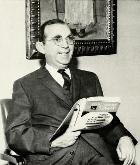
2. The Three Churches of St. George's - Barbara Willis
Barbara Willis was a local historian and writer and long time St. Georgian with her husband Mac. This paper is a detailed summary of the evolution of St. George's church from its wooden colonial church to the impressive 1849 brick building we have today.
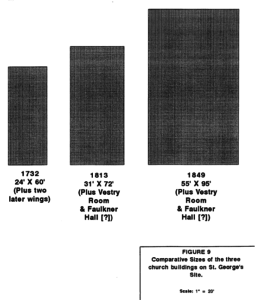
The Civil War may be the most popular historic topic in all of our history. The church served in 3 capacities - as a fortress, center of revival and as a hospital. We have a 9 part series on our role and relationship to Fredericksburg.

McGuire served all 3 churches over the course of 45 years. He is probably the most influential of all our rectors in all phases of ministry from preaching, teaching, and outreach. Trip Wiggins, our archivist, wrote this for a Sunday school class and has been teaching classes for years
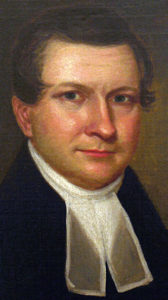
5. Charles Syndor on Social Policy
Charles Sydnor served St. George's from 1972-2003 and was responsible for furthering Thomas Faulkner's outreach ministries and creating new ones. This paper he wrote in 2009 was for an adult forum in that year.
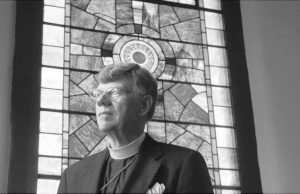
6. Tom Faulkner confronts the Vestry on race
Faulkner served St. George's for 30 years from 1946-1976. During these years racial policies were paramount, especially 1954, in the year of Brown vs. Board of Education, Faulkner was challenged by the Vestry on the role of Blacks in our service. He was able to move St. George's toward racial justice that other rectors would further
